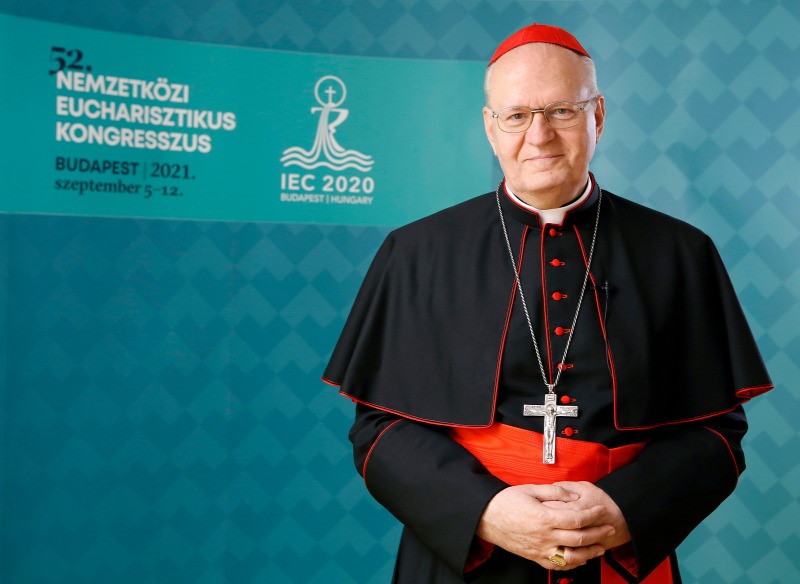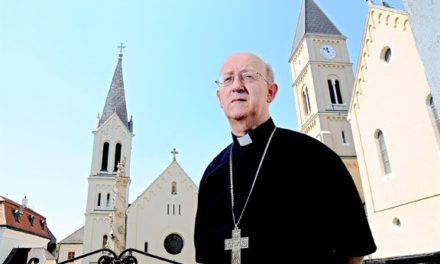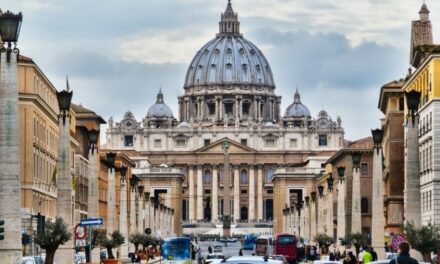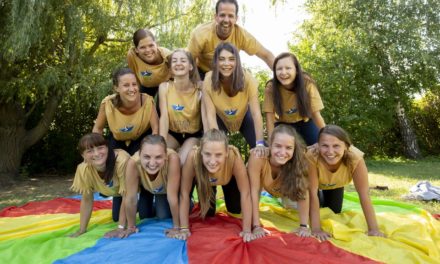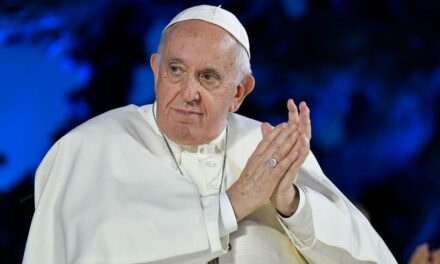There will also be a meeting of Eastern and Western Christianity in Budapest on September 5-12. The International Eucharistic Congress to be held between 2018 and 2018, which will be attended by Patriarch Bartholomaios I of Constantinople in addition to many other church leaders, will be attended by Pope Francis at the closing mass, which will be held in Hősök Square, said Cardinal Péter Erdő, Primate, Archbishop of Esztergom-Budapest. In his interview with Origo, he emphasized:
"The Eucharistic Congress provides a future and hope for all people".
We present some details from the interview with Cardinal Péter Erdő.
Due to the epidemic, several scenarios were created as to how the 52nd International Eucharistic Congress would be organized in Budapest between September 5 and 12. What rules will apply at the moment?
At the moment, the possibility of free entry is given. According to Hungarian rules, it is possible to meet directly. But of course, depending on the epidemiological regulations that the authorities enact, the rules for participating in the congress may also change. They also come from distant continents, but the interest is not as great as it was before the epidemic. The epidemic situation in South America and India is very bad, which is why fewer people come from these countries. But that's why we'll also have speakers from, for example, Brazil.
The big events are already sold out. Is it still possible to register?
In particular, the interest in the three large open-air Masses is outstanding. But within the framework of the youth program of the International Eucharistic Congress, ten thousand young people have already registered for our Forráspont event. The opening and closing mass will be held in the open square, there will be no restrictions. You can register for them online, in person, or by phone. Those who have already registered will soon receive the ticket in which sector they can reserve a seat. It is also possible to come without registration, but in this case those interested can probably follow the events from a distance. Of course, outdoor Masses are also broadcast on a projector, precisely so that those who are further away can also see and read the speeches in foreign languages in Hungarian. Participants can listen to the texts in six languages on the radio or by telephone.
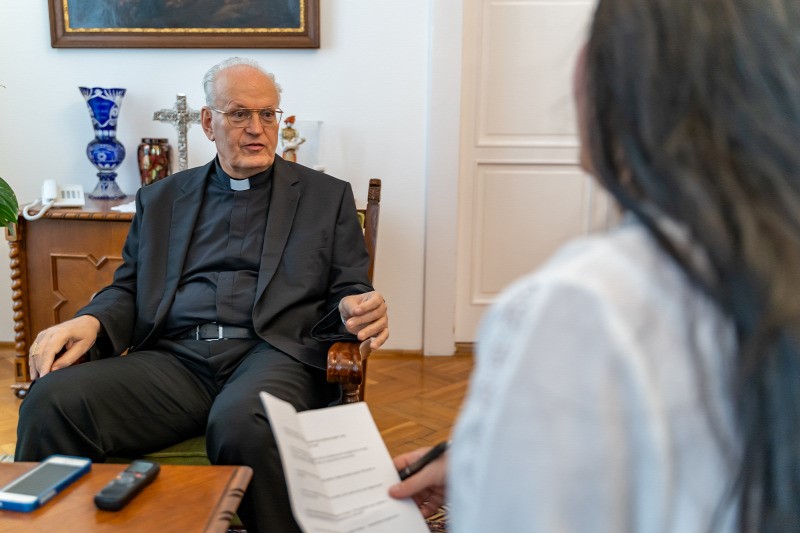
The previous congress was not in Europe, and the next one will not be here either. How are you looking forward to this year's congress? Why will this be special here in Hungary?
Hungary is in such a geographical position that it offers a unique opportunity for Eastern and Western Christianity to meet. There is no other venue where so many Eastern bishops, even representatives of non-Catholic Eastern Churches, can be present. This is extremely important because Christians are interdependent in today's world. We have a common belief with the Eastern churches about the Eucharist, the Holy Mass, and the sacrament of the altar. In this respect as well, this congress represents a great degree of rapprochement.
How to organize the congress was entirely the responsibility of the Hungarian Catholics, or are there guidelines for the Eucharistic Congress?
Of course, there are Roman guidelines, and a Roman committee visits the site in every case. This committee also came to Hungary and looked at the locations that we proposed. Hősök ter, Kossuth ter, and Hungexpo were approved. The congress was supposed to take place last year, but it had to be postponed due to the epidemic. At that time, even the Puskás Arena was among the venues, but now a sports event is taking place there during the congress, so another venue had to be chosen. There are also guidelines for the duration and structure of the programs. The congress should last about a week, starting with Sunday Mass and ending with Sunday Mass. Various programs await those interested in the mornings and optional opportunities in the afternoons. And the cultural programs are extremely diverse, some have specifically asked to listen to the Csík orchestra or the Hundred-member Gypsy Orchestra. In each case, the congress is preceded by a charity action, which shows that the Eucharist encourages us to love, and prompts us to go out into the world. Now the II. At Pápa János Pál Square, on Saturday, the fourth of September, at noon, we host five hundred needy people, and instead of handing out food, we sit down to lunch together. With this, we also express that we undertake the community with them.
the full interview here .

